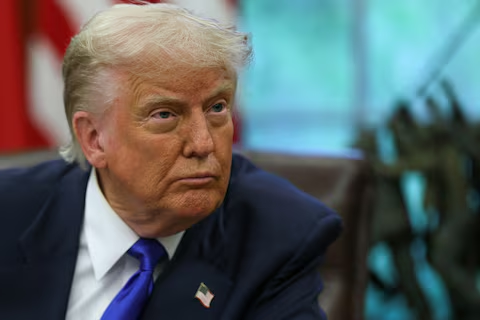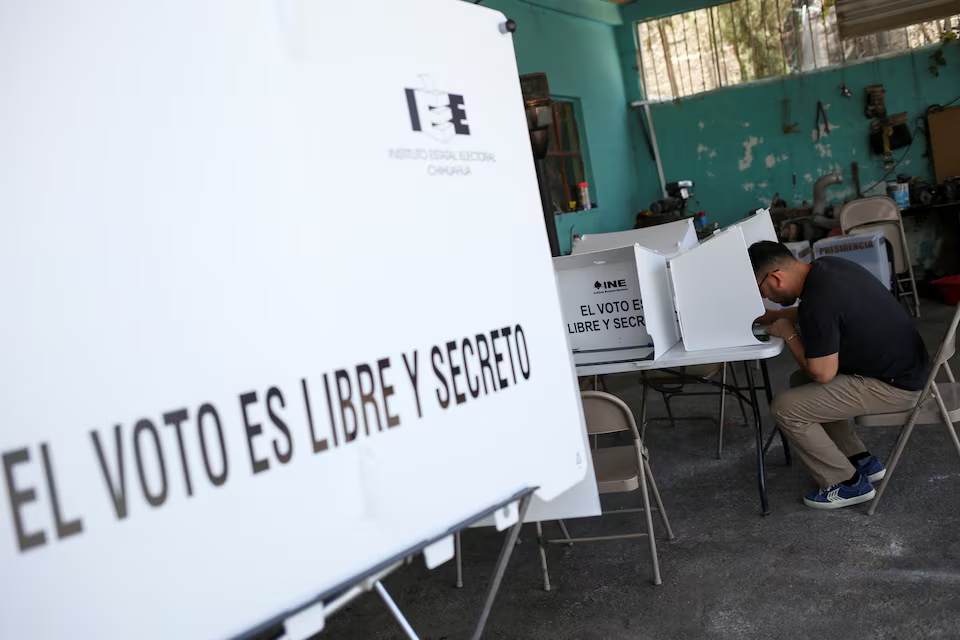As of May 8, 2025, the U.S. Supreme Court is deliberating several significant cases related to President Donald Trump’s administration, focusing on immigration, military policy, and constitutional rights.
1. Transgender Military Ban
On May 6, 2025, the Supreme Court allowed the Trump administration to enforce its ban on transgender individuals serving in the military. This decision permits the discharge of current transgender service members and the rejection of new transgender recruits while legal challenges proceed. The court lifted a nationwide injunction previously issued by a federal judge who had found the ban likely unconstitutional under the Fifth Amendment. The 6-3 conservative majority decision faced public dissent from the court’s three liberal justices.
2. Revocation of Migrants’ Legal Status
On May 8, 2025, the Trump administration requested the Supreme Court to allow the revocation of temporary legal status, known as “parole,” for over 500,000 migrants—primarily from Venezuela, Cuba, Haiti, and Nicaragua—granted under the Biden administration. This immigration benefit allowed them to live and work legally in the U.S. for two years under humanitarian or public benefit grounds. Upon returning to office in January 2025, President Trump issued an executive order to terminate the parole programs, aiming to facilitate expedited deportations. The Department of Homeland Security followed with plans to cut short approximately 400,000 parole grants. However, U.S. District Judge Indira Talwani blocked this effort in April, ruling that the law mandates case-by-case parole reviews rather than mass termination. The administration appealed to the Supreme Court, claiming the judge overstepped by interfering in executive immigration policy. The plaintiffs, comprised of parolees and their sponsors, argued the mass revocation is unlawful and would cause significant harm by making many people undocumented and unemployable. The Supreme Court has asked the plaintiffs to respond to the government’s request by May 15.
3. Deportation Under the Alien Enemies Act
U.S. District Judge James Boasberg questioned the truthfulness of President Donald Trump’s claim that he could easily secure the return of deported migrant Kilmar Abrego Garcia from El Salvador. The issue arose during a hearing related to a separate case involving 137 Venezuelan migrants deported under the 1798 Alien Enemies Act, who are now held in El Salvador’s CECOT mega-prison. The American Civil Liberties Union is urging Boasberg to order the administration to facilitate their return, arguing their deportations were unconstitutional. Boasberg suggested the U.S. retains responsibility for the prisoners, referencing a $6 million deal with El Salvador and statements by U.S. officials indicating influence over the migrants’ detention. Justice Department lawyer Abhishek Kambli responded that U.S. influence doesn’t equate to custody and noted some public statements lacked nuance. Boasberg questioned whether those statements were untruthful. Additionally, Trump’s justification for invoking the Alien Enemies Act—alleged gang affiliations of the deported migrants—has been challenged. Venezuela and U.S. intelligence dispute claims that the Tren de Aragua gang is active or that it is directed by President Nicolás Maduro. Another federal judge has separately ordered the administration to facilitate Abrego Garcia’s return, but the Trump administration has not acted.
4. Birthright Citizenship
The Supreme Court is set to hear arguments on May 15, 2025, regarding President Trump’s executive order aiming to restrict automatic birthright citizenship. The order has faced multiple legal challenges, with federal judges issuing preliminary injunctions blocking its implementation, citing conflicts with the 14th Amendment and longstanding Supreme Court precedent. The administration has appealed these rulings, and the Supreme Court’s decision will have significant implications for immigration policy and constitutional interpretation.
These cases underscore the ongoing legal scrutiny of President Trump’s policies and their alignment with constitutional principles. The Supreme Court’s forthcoming decisions will play a pivotal role in shaping the legal landscape of immigration, military service, and citizenship in the United States.
Source: Reuters



